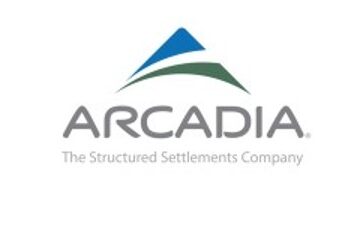One Massachusetts business is finding out that not properly protecting workers can be costly.
Workers performing abrasive blasting during the renovation of an Easthampton mill were overexposed to lead and silica and faced other health hazards due to their employer’s failure to supply basic, legally required safeguards.
As a result, the U.S. Department of Labor’s Occupational Safety and Health Administration cited Maher Industries, doing business as A Fast Blast, for 17 serious violations of workplace health standards.
“The hazards of lead and silica are well-known, and overexposure to them can seriously compromise the long-term health and well-being of workers,” said Mary Hoye, OSHA’s area director for central and western Massachusetts. “The safeguards to protect workers are well-known to employers who oversee this work. It is their responsibility to ensure that proper and effective protections are used at each job site.”
A serious violation occurs when there is substantial probability that death or serious physical harm could result from a hazard about which the employer knew or should have known. The Naugatuck, Connecticut-based abrasive blasting contractor faces $47,600 in proposed fines, following an inspection opened in April 2014 by OSHA’s Springfield Area Office conducted in response to a complaint.
Employees Faced Airborne Contaminants
OSHA found that employees were exposed to airborne concentrations of lead and silica generated by the abrasive blasting, which was in excess of permissible exposure limits.
Feasible engineering or administrative controls to reduce the exposure levels were not in place or in use. The lead exposure hazard was compounded by the lack of a shower facility and protective clothing and eye protection for exposed workers. The company failed to monitor lead exposure levels and allowed employees to consume beverages adjacent to abrasive blasting.
Lead exposure can cause long-term damage to the central nervous, urinary, blood and reproductive systems. Crystalline silica can cause lung cancer, silicosis, chronic obstructive pulmonary disease and kidney disease in workers.
Additional risks were posed by several deficiencies involving respirators. Employees were not medically evaluated to determine their fitness to wear respirators nor were they fit-tested to ensure a tight-fitting seal. Respirators were not cleaned and disinfected before and after each use, and the air compressor used to supply air to the respirators lacked a carbon monoxide alarm.
A Fast Blast was given 15 business days from receipt of its citations and proposed penalties to comply, meet informally with OSHA’s area director, or contest the findings before the independent Occupational Safety and Health Review Commission.
Author Kori Shafer-Stack, Editor, Amaxx Risk Solutions, Inc. is an expert in post-injury response procedures and part of the Amaxx team helping companies reduce their workers compensation costs by 20% to 50%. www.reduceyourworkerscomp.com. Contact: kstack@reduceyourworkerscomp.com.
©2014 Amaxx Risk Solutions, Inc. All rights reserved under International Copyright Law.
WORK COMP CALCULATOR: http://www.LowerWC.com/calculator.php
MODIFIED DUTY CALCULATOR: http://www.LowerWC.com/transitional-duty-cost-calculator.php
WC GROUP: http://www.linkedin.com/groups?homeNewMember=&gid=1922050/
SUBSCRIBE: Workers Comp Resource Center Newsletter























